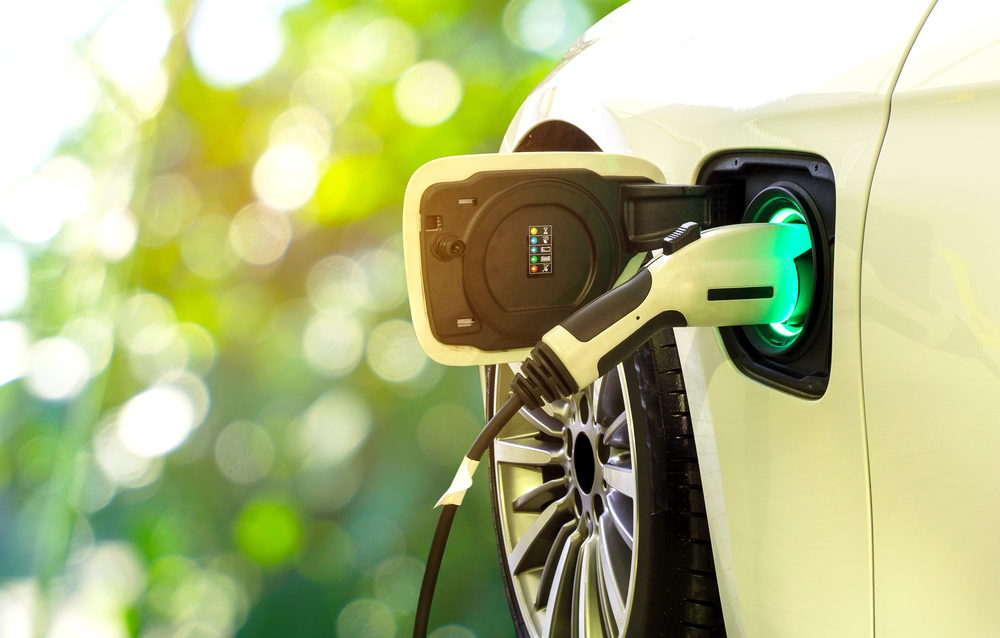In an age where environmental consciousness is not just a choice but a necessity, the clamor for sustainable alternatives echoes louder than ever. Amidst the hustle and bustle of modern transportation, electric vehicles (EVs) emerge as silent champions, heralding a revolution on our roads. From curbing greenhouse gas emissions to fostering energy efficiency, join us as we navigate the green highways of the future powered by electricity.
Contents
Incentives for Cleaner Technologies

The growth of the EV market incentivizes manufacturers to invest more in clean technology, driving innovation in greener automotive design and production methods. As the demand for EVs increases, so will the industry’s push towards even more environmentally friendly production and recycling methods.
Battery Recycling and Repurposing

Concerns about EV battery disposal are being addressed by emerging battery recycling industries. Companies are already looking into repurposing used EV batteries for stationary energy storage. For example, Nissan and other companies are exploring the second-life applications for EV batteries, providing sustainable solutions beyond their automotive use.
Less Heat Production

EVs produce less waste heat. Excess heat exacerbates urban heat islands and contributes to global warming. With more EVs on the road, we can slightly reduce the localized heat produced by vehicles, benefiting urban ecosystems.
Decreased Dependence on Oil

Relying heavily on oil for transportation has broad environmental implications—from oil spills to habitat destruction due to drilling. Shifting to EVs decreases this dependence, reducing the environmental impact associated with oil extraction, transportation, and refinement.
Reduction in Noise Pollution

EVs are inherently quieter than their gasoline counterparts. Reduced noise pollution benefits urban environments, decreasing stress and improving the overall quality of life for city residents. The World Health Organization has previously cited noise pollution as a significant environmental concern with tangible impacts on public health.
Use of Renewable Energy Sources

While some critics argue that EVs are only as clean as their electricity source, the grid is steadily becoming greener. As renewable energy sources like wind and solar become more prevalent, charging and driving an EV will produce even fewer emissions. This transition is backed by data from the International Renewable Energy Agency showing rapid growth in renewable energy infrastructure.
Energy Efficiency

EVs convert a higher percentage of the electrical energy from the grid to power the wheels. According to the U.S. Department of Energy, conventional gasoline vehicles only convert about 12%–30% of the energy stored in gasoline to vehicle movement, while electric vehicles convert over 77% of the electrical energy.
Reduction in Air Pollutants

Beyond carbon emissions, ICE vehicles emit pollutants like nitrogen oxides and particulate matter, which contribute to smog, respiratory problems, and other public health issues. EVs, with zero tailpipe emissions, help mitigate these harmful health impacts. The American Lung Association has frequently advocated for EVs for this reason.
Lower Carbon Footprint Over Vehicle’s Lifecycle

While the manufacturing of EVs can produce more emissions than traditional cars—due to their batteries—a study from the Union of Concerned Scientists found that over their entire lifecycle, EVs generate half the emissions of the average comparable gasoline car.
Reduction in Greenhouse Gas Emissions

EVs produce zero tailpipe emissions. According to the U.S. Environmental Protection Agency (EPA), transportation contributes to nearly 30% of all U.S. greenhouse gas emissions, with a significant portion coming from gasoline-powered cars and trucks. By transitioning to EVs, we can significantly cut down on the direct emissions of harmful pollutants and greenhouse gases.
This article originally appeared on MyCarMakesNoise.
More from MyCarMakesNoise
10 Prestigious Car Brands That Miss the Mark

Behind the shiny badges and glossy marketing are some brands whose reputation for luxury doesn’t quite match reality. Read More.
20 Cars That Have Faded from Everyday Roads

Once staples of American and European highways, these cars that defined the technological advancement of their ages now have their place as relics of memories in exhibitions and auto museums. Read More.
Top Used Electric Cars That Won’t Break the Bank

In this article, we’ll navigate the exciting landscape of pre-owned EVs, highlighting models that deliver the most bang for your buck. Read More.














